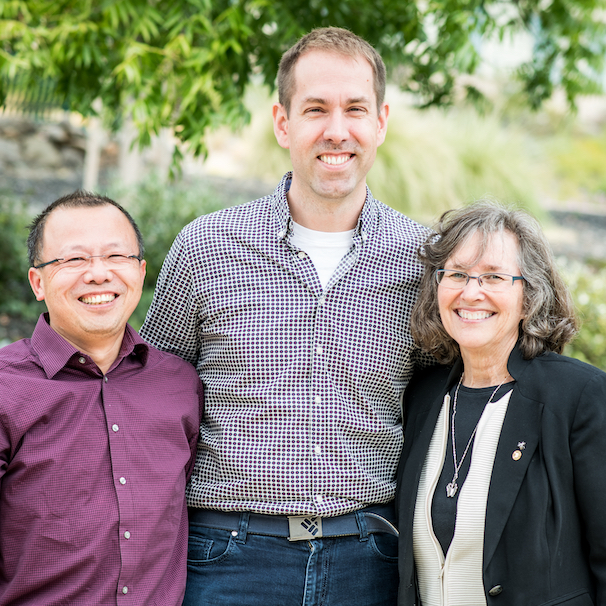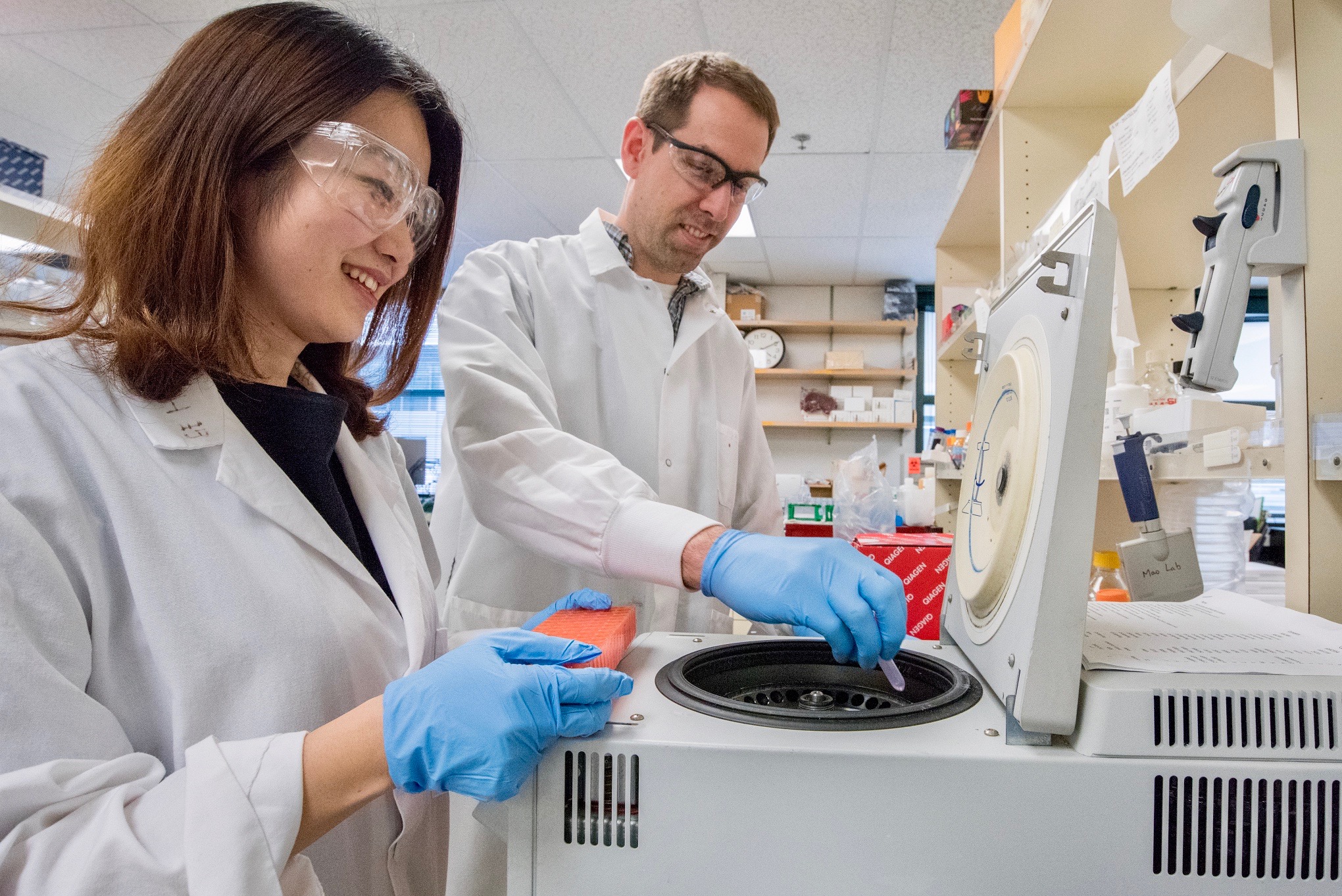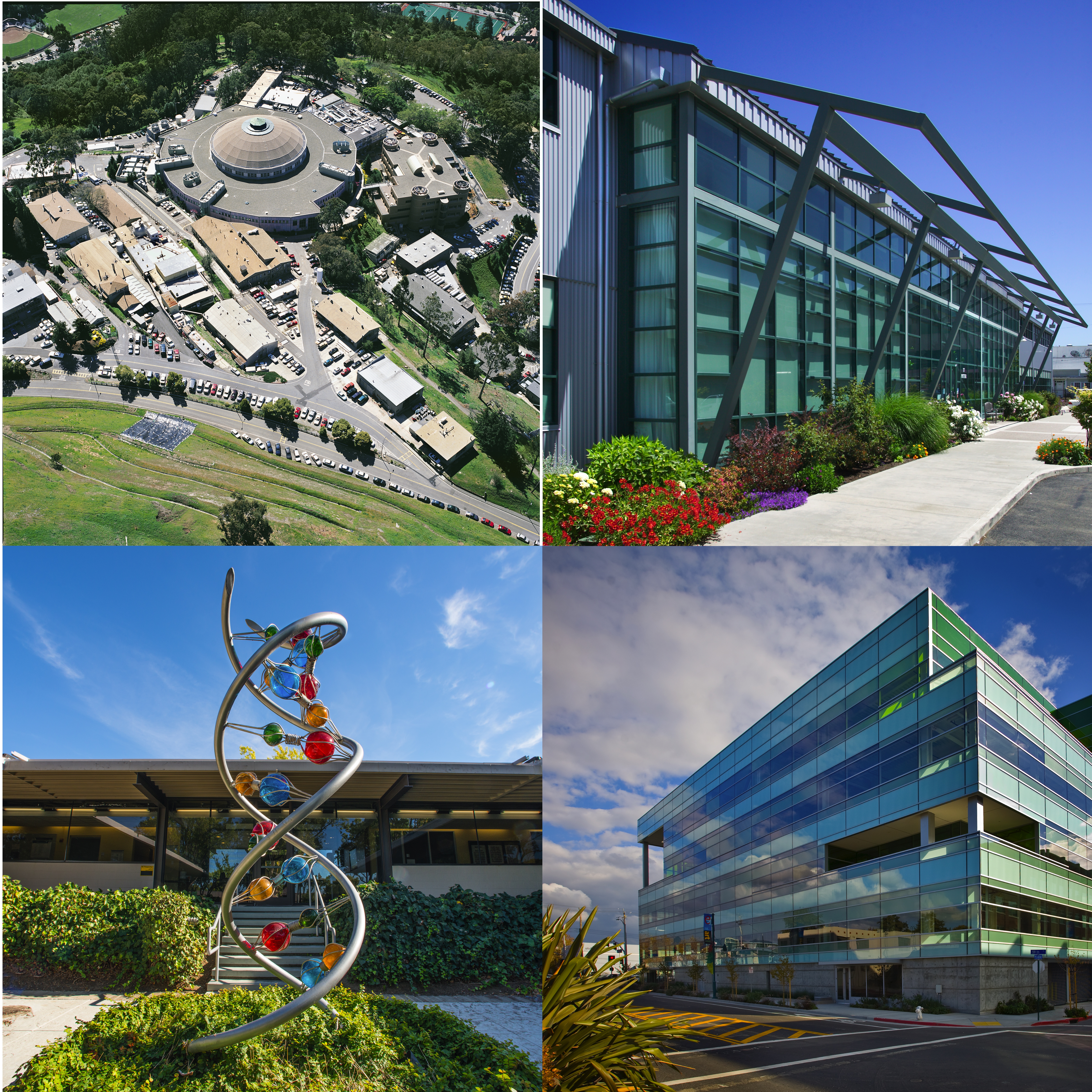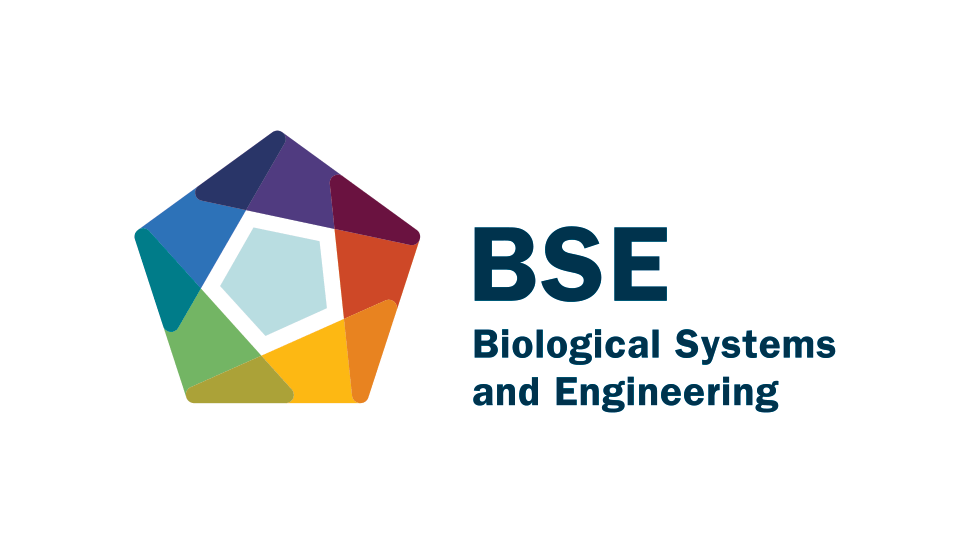
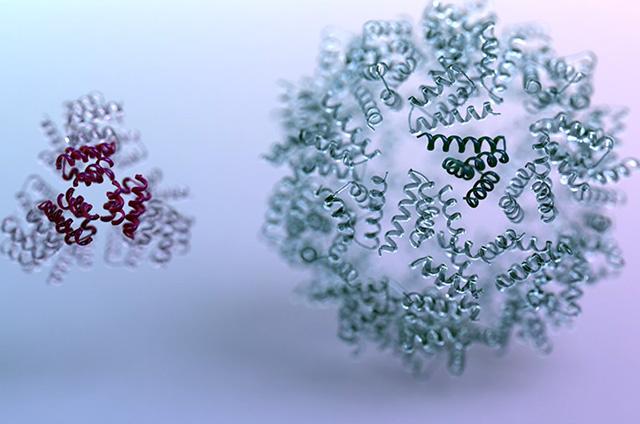
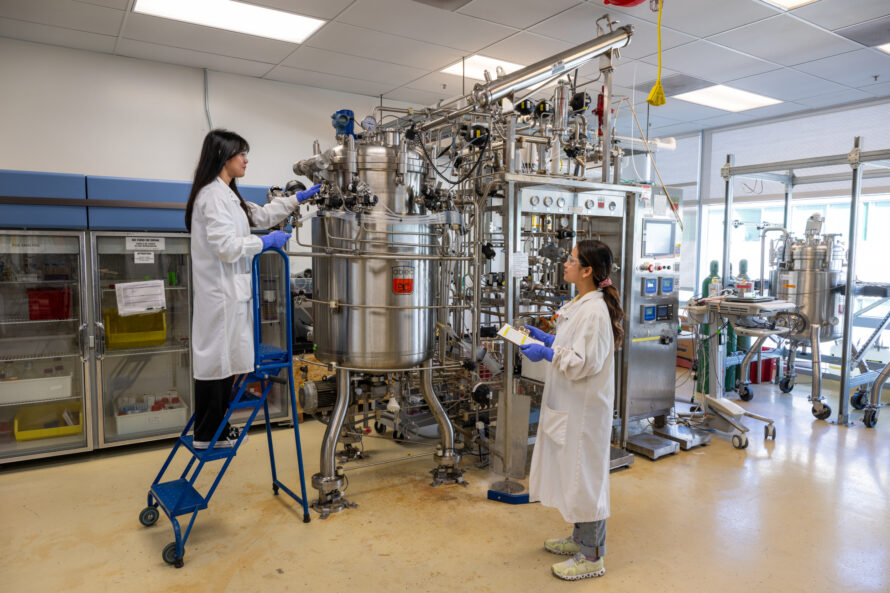
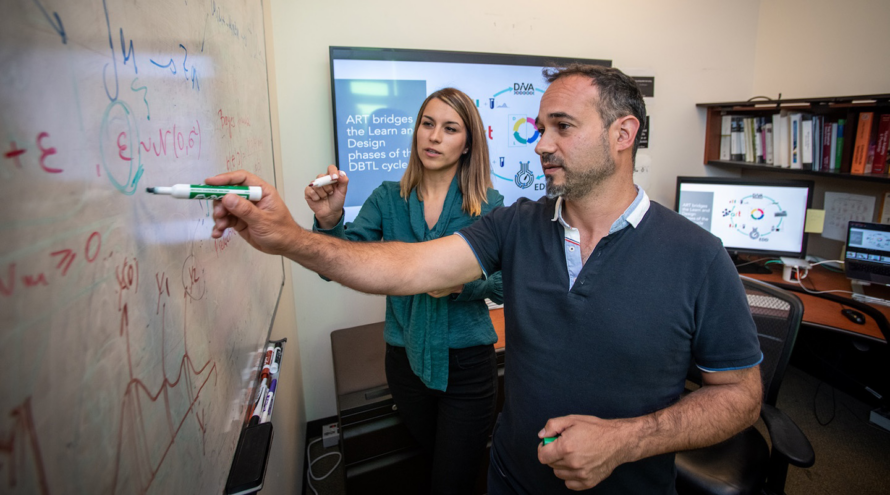
-
New Round of Funding for Thirdhand Smoke Research
Berkeley Lab thirdhand smoke researchers have been awarded a new three-year grant totaling $904,744. The funding from the Tobacco-Related Disease Research Program (TRDRP) will support translational studies aimed at mitigating health impacts of exposure to thirdhand smoke (THS)—the toxic residues from tobacco smoke that linger on indoor surfaces and in dust long after a cigarette has been extinguished. From the Biosciences Area, Biological Systems and Engineering (BSE) Division staff scientist Bo Hang will serve as principal investigator on the studies, with senior scientist Jian-Hua Mao and staff scientist Antoine Snijders, also of BSE, as co-investigators. Collaborators on the project include…
Read the article -
Claire Tomlin Elected to American Academy of Arts and Sciences
Claire Tomlin, a biological faculty engineer in the Biological Systems and Engineering (BSE) Division, has been elected to the American Academy of Arts and Sciences. The prestigious 239-year old honorary society recognizes accomplished scholars, scientists, and artists in academia, the humanities, arts, business, and government. Tomlin’s research, which is currently conducted primarily at UC Berkeley, where she is a professor of electrical engineering and computer sciences, explores complex systems that have discrete event dynamics as well as continuous time dynamics. Her group studies many topics and problems that can be modeled by hybrid systems as well as more general robotics,…
Read the article -
KDM5 Deficiency Alters Gut Microbiome, Social Behavior in Flies
Genome-wide association (GWAS) and familial studies have found mutations that disrupt the function of KDM5 proteins in patients with autism spectrum disorders and related intellectual disabilities. Biological Systems and Engineering (BSE) Division researchers Jian-Hua Mao, Antoine Snijders, and Susan Celniker, in collaboration with a team of scientists led by Xingyin Liu at Nanjing Medical University (NMU) in China, used genetic tools in Drosophila to delineate how KDM5 contributes to autism and intellectual disability.
Read the article -
A New Mouse Model for Studying Stomach Cancer
An international team led by researchers in Berkeley Lab’s Biosciences Area has identified a new laboratory mouse strain for studying gastric cancer. The mouse lineage is part of a population called the Collaborative Cross (CC) mouse model that was bred to have greater genetic diversity than previous populations, so as to be more comparable with humans. The team monitored hundreds of mice from different CC strains for one year and observed that one line spontaneously developed tumors—stomach and lymphoid being the most prevalent types—at an extremely high rate. Subsequent genetic analysis of the tumors in this cancer-prone line revealed that…
Read the article -
Biosciences Area FY19 LDRD Projects
The projects of 13 Biosciences Area scientists and engineers received funding through the FY19 Laboratory Directed Research and Development (LDRD) program. The funded projects span a diverse array of topics and approaches including the harnessing of microbiome data to uncover patterns of mutualism, evaluating radiobiological effects of laser-accelerated ion beams, improving bioenergy yield under drought stress, and the application of machine learning in tomogram segmentation. Lab-wide, 89 projects were selected from a field of 158 proposals. Biosciences Area efforts account for 15.07 percent of the $22.2 million allocated.
Read the article


